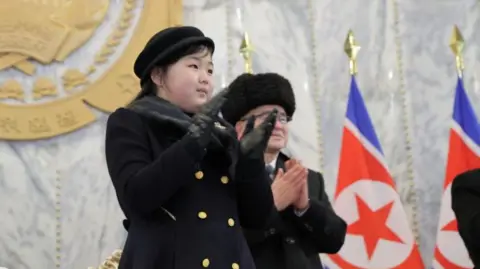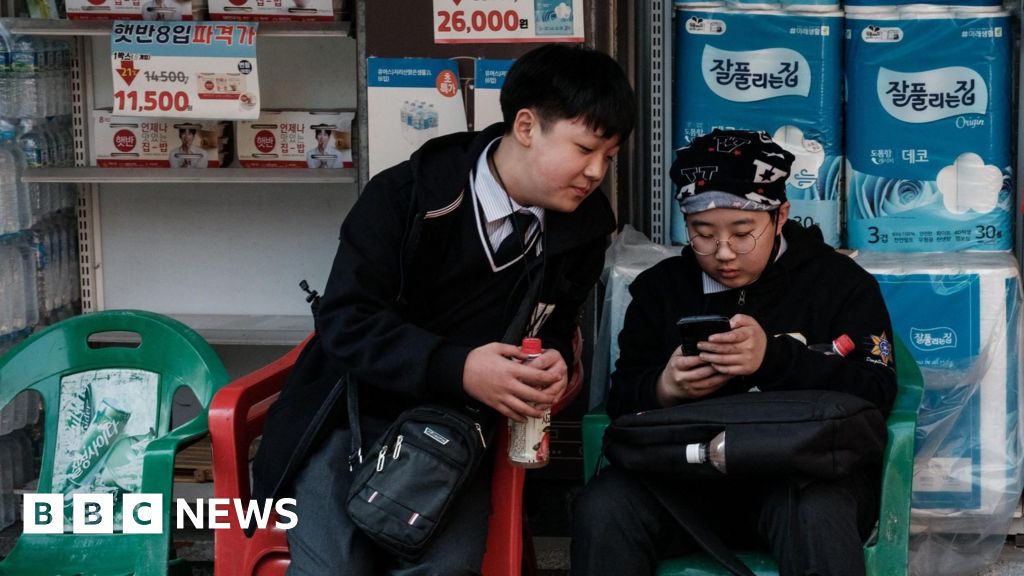When Esther Lee, a marketing agency owner from Los Angeles, learned of impending U.S. tariffs on Korean goods, she promptly placed an online order for a year's supply of her must-have beauty products, leading to a shopping haul that was triple her usual quantity. This behavior reflects a broader trend among K-beauty enthusiasts in the United States, as they rush to stockpile their favorite Korean cosmetics before prices potentially rise.
Social media influencers have exacerbated this frenzy. "The future is uncertain, but I know I can't afford to lose out on my favorite Korean skincare," Taylor Bosman Teague expressed to her followers on TikTok, as she showcased her bulk purchases of toners and moisturizers.
The panic buying scenario began in April after President Trump's announcement regarding tariffs on South Korean exports to the U.S., though he later suspended the implementation to allow for negotiations. However, by July, the threat of a 25 percent tax on a broad range of South Korean and Japanese goods was back on the table, contingent on the outcome of negotiations by August 1.
This ongoing uncertainty has sent ripples through the booming K-beauty industry, which has enjoyed significant growth alongside the global popularity of K-pop and K-dramas. Reportedly, South Korea's cosmetic exports reached an impressive $5.5 billion in the first half of 2025, marking a nearly 15 percent increase compared to the same period in 2024. Notably, Amorepacific, South Korea's largest beauty company, has documented a remarkable 40 percent surge in international sales over the past year.
Social media influencers have exacerbated this frenzy. "The future is uncertain, but I know I can't afford to lose out on my favorite Korean skincare," Taylor Bosman Teague expressed to her followers on TikTok, as she showcased her bulk purchases of toners and moisturizers.
The panic buying scenario began in April after President Trump's announcement regarding tariffs on South Korean exports to the U.S., though he later suspended the implementation to allow for negotiations. However, by July, the threat of a 25 percent tax on a broad range of South Korean and Japanese goods was back on the table, contingent on the outcome of negotiations by August 1.
This ongoing uncertainty has sent ripples through the booming K-beauty industry, which has enjoyed significant growth alongside the global popularity of K-pop and K-dramas. Reportedly, South Korea's cosmetic exports reached an impressive $5.5 billion in the first half of 2025, marking a nearly 15 percent increase compared to the same period in 2024. Notably, Amorepacific, South Korea's largest beauty company, has documented a remarkable 40 percent surge in international sales over the past year.




















